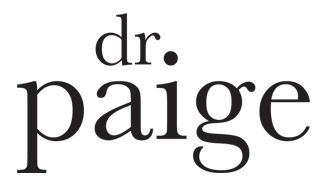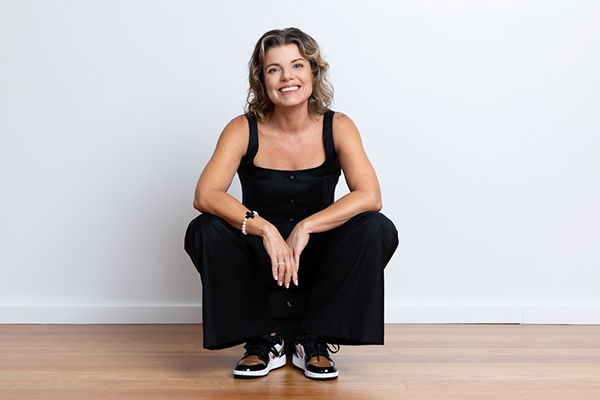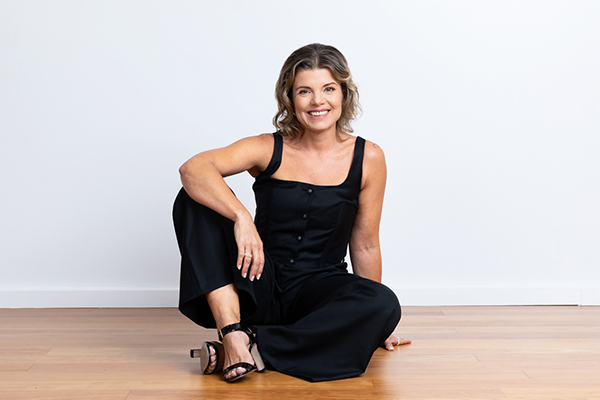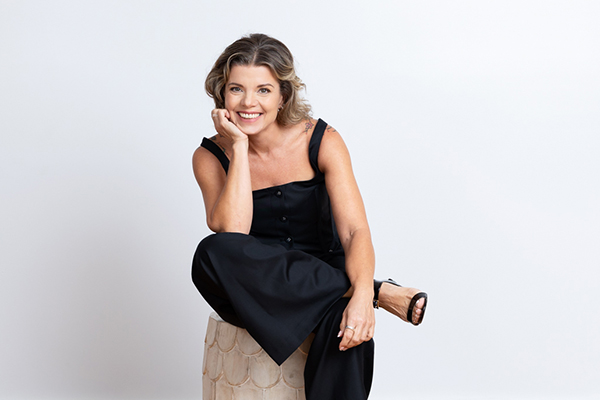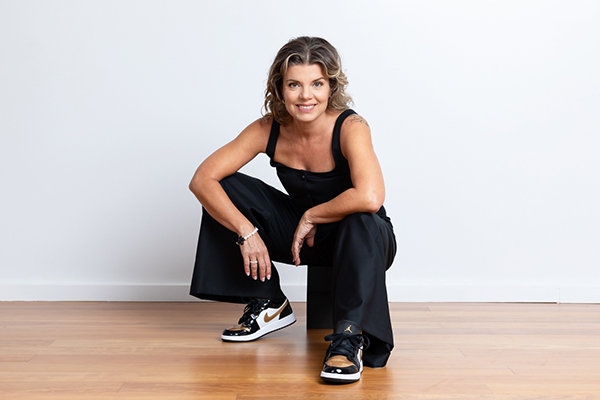Are Your Stories Locking You Down?
As I’ve been working with senior leaders in the last few months, I’ve really noticed the impact of the stories they tell themselves about who they are.
When you listen to people – really listen, rather than just listening to respond – I’m sure you’ll notice it too. There are patterns in the way people talk about themselves.
Here are some of the examples I’ve noticed recently.
There’s the Victim – the person for whom injustice is a constant in any situation or story that they tell. Then in contrast, there’s the Hero – saving every situation from near-disaster. There’s the Smarty Pants who has all the answers and delivers the clever put down and the Negotiator who sits on the fence and tries to smooth things over between people. These are just a few – there are many many more variations.
The thing is, we have to be careful about how we tell these stories because they start to become who we are. I talk about this in my book, Becoming AntiFragile– the stories well tell about who we are – our self-narrative – crafts our character and self-concept. And this influences our mindsets, thoughts, actions and behaviours – the way we show up in the world. Unfortunately, at times, these stories can be limiting and unhelpful for our personal growth, our leadership and the people in our lives – both professionally and personally.
What can we do to stop becoming a Victim to our own stories?
By looking in the mirror of self-reflection.
Reflection is recognised as a key behaviour for leaders who want to develop because reflecting on our experiences is a valuable source of learning. Researchers have shown that we think more than 50,000 thoughts per day, of which more than half are negative and more than 90% are just repeats from the day before. Self-reflection invites us to be curious about our own thoughts and feelings, and to clarify our values so that we can use them as our touch stone in moments of doubt or uncertainty.
But there are a couple of dangers with self-reflection for us to be aware of:
- Too much navel gazing can harm your health – research suggests that taking self-reflection too far leads to you feeling more stressed, depressed, and anxious than ever
- We can be easily fooled – we can think we have found some deep insight that actually may or may not be accurate, as research also shows that we are surprisingly good at coming up with rational explanations for the irrational behaviors we engage in
How to ‘do’ self-reflection
For many of us, self-reflection doesn’t come easily, so how do we ‘do it’?
Questions are the basic tool of self-reflection. The questions we ask are fateful in that they direct our attention, our conversations and the actions we take. The right question can unleash powerful possibility and change in your self-concept, your leadership, your relationships and beyond. Because of this, we need to choose them wisely and with intention.
Here are some questions that can help you ‘get to know you’:
- What makes me smile?
- What worries me most about the future?
- Is it more important to love or be loved?
- What am I really scared of?
- What matters most in my life? (and what am I doing about it?)
- When did I last push the boundaries of my comfort zone?
- If I were to give one piece of advice to 18 year-old me, what would it be?
As part of your self-reflection, tune in to the stories you are telling yourself as you experience the natural ups and downs of life. What self-narrative you are creating with your stories? Notice how it influences what you are feeling and what you feel able to do.
Which story serves you best to achieve the outcomes that you want? (The Victim? The Hero? Something else?)
Which story boosts your resilience and enables you to engage with the situation and move forward constructively?
4 questions to cut through your stories
I find these four questions from Byron Katie’s The Work really powerful in helping me cut through my storytelling:
– Is it true?
– Can I absolutely know that it is true?
– Who am I when I believe that story?
– Who would I be without it?
2020 has been an extra-ordinary year in all kinds of ways.
Taking the time to reflect on your experiences is a valuable way to process what needs processing and move forward with the learning that will serve you in the future. For as Carl Jung said so wisely, “Knowing your own darkness is the best method for dealing with the darkness of other people.”
If I can help you or your team cut through unhelpful stories to find the learning, please be in touch, I’d love to help.
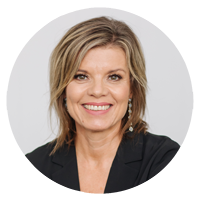
Dr Paige Williams
International Speaker, Author, Mentor
Determined to help leaders move beyond just the need for resilience, Paige provides practical, evidence-based strategies for leaders to become antifragile, lead themselves and their teams to thrive and succeed in the Decade of Disruption.

